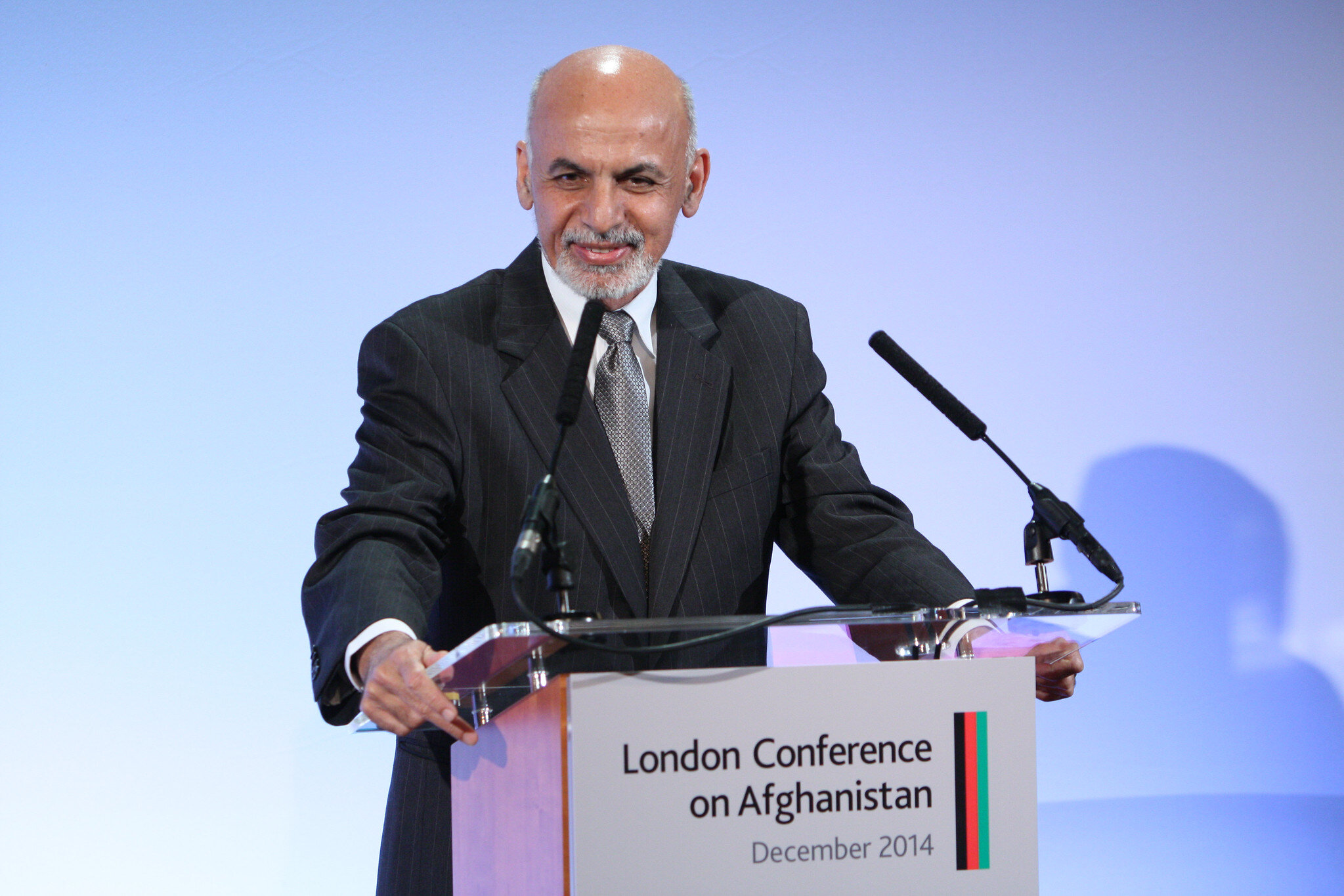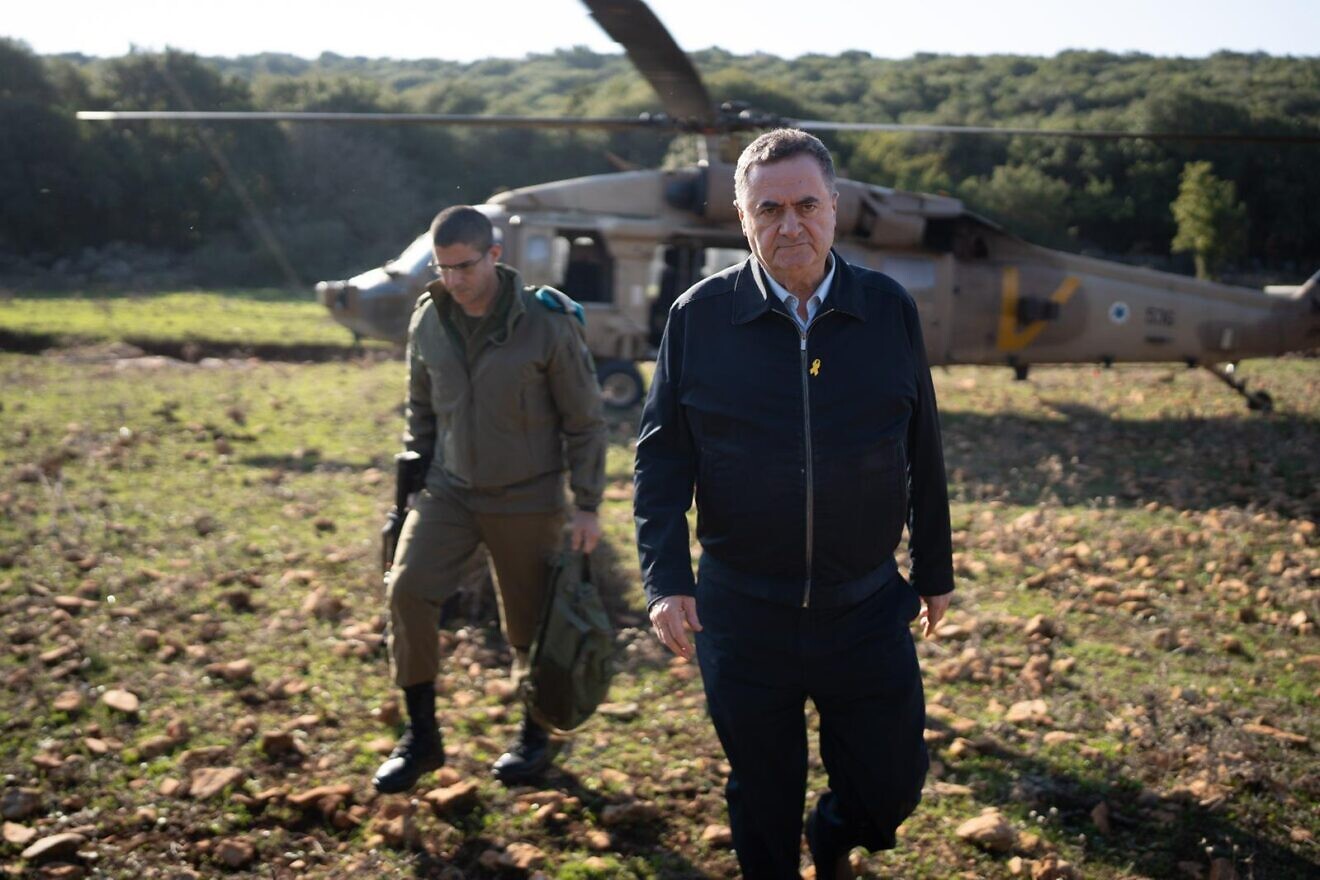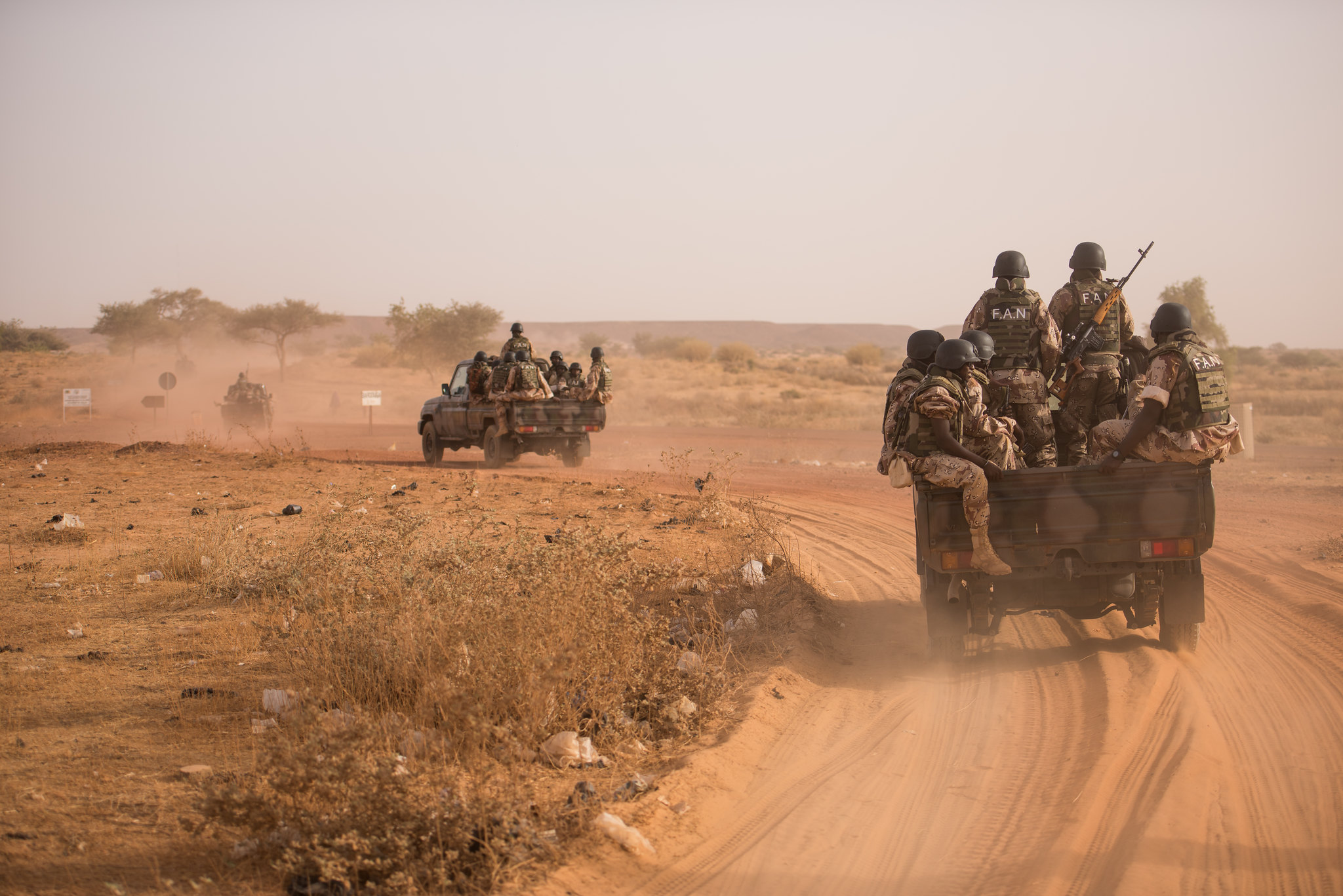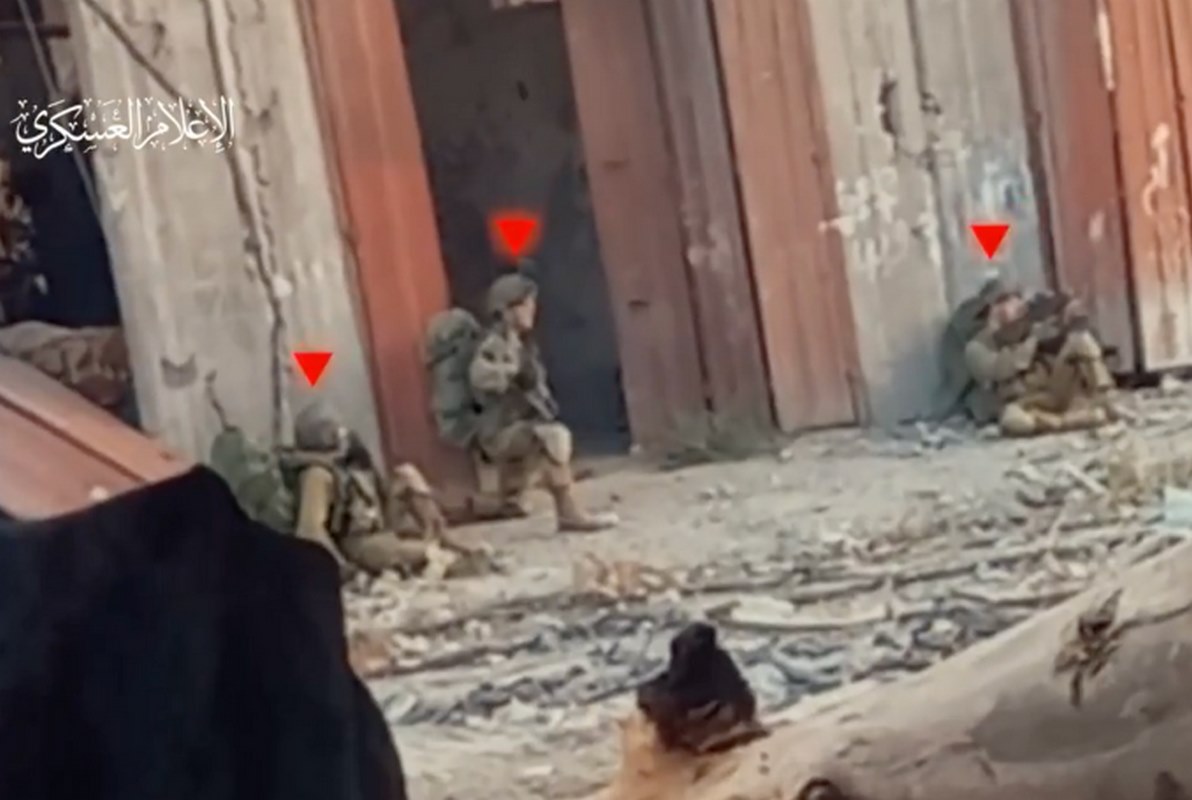PICTURED: Yemeni children holding a funeral ceremony for Yemeni children that were killed in airstrikes. Photo credit The Guardian.
Yemen, December 1st, 2019. Al-Masirah news, Yemen, reported and released footage of Houthi surface to air missiles downing a Saudi apache helicopter after it entered Yemeni airspace. It’s believed by members of the Saudi-led coalition and the U.S. State Department that the Houthis have received their air defense capabilities from Iran.
However neither nation have offered evidence to the Iran-Houthi connection, and both the U.S. and the French have been selling weapons in the region for years, so it’s possible the Houthis could have purchased them from non-state parties.
Saudi Arabia admitted that all members of the apache crew had died when their helicopter caught fire and crashed.
The Yemen Civil War has been a complete failure on the part of the Saudi coalition, and secret back-channel communications between the Saudi Arabian aggressors and the Houthi rebels who’ve taken control over the north of the country have been buzzing with talks of peace; or at least a ceasefire.
Deeds, not words
In September, two large-scale attacks, ambitious in nature, were launched by the Houthis into Saudi borders. These included a series of coordinated drone and missile strikes on Saudi Aramco oil facilities which famously cut the daily oil production of the kingdom by half,. This was soon followed by an outright combined arms land invasion of a Saudi border town, in which over 600 Saudi soldiers surrendered with officers, heavy munitions, and armored vehicles.
For the past two months however, indications of peace have moved towards legitimate action, as prisoners between the warring factions have been exchanged, including the release of hundreds of captive Saudis. The talks have been mediated by their Arabian neighbors Oman.
For their part Saudi Arabia has repatriated 128 Houthis and released over 200 Houthi prisoners. Meanwhile, attacks on both sides of the border have been noticeably absent.
“There have been talks between Saudi Arabia and AnsarAllah [the Houthis] in Oman over opening Sanaa airport and lifting the blockade on Yemen,” Houthi sources told Middle-East Eye.
Critically, the talks have excluded the Internationally-recognized government of Yemen, led by Abd Rabbu Mansour Hadi from a hotel room in Riyadh. In the capital Sanaa, members of Hadi’s government, like Deputy Prime Minister Abdulaziz Gubari expressed that they were unaware of peace talks.
It was for the reinstatement of Hadi and his cabinet that the Saudi-led coalition launched their war in Yemen in 2015 which has resulted in a humanitarian catastrophe that has included mass targeting of civilians by airstrikes, attacks on water treatment facilities that have caused the 21st century’s largest cholera outbreak, and deliberate bombing of grain silos and livestock.
PICTURED: Afghanistan President Ashraf Ghani at the London Conference on Afghanistan on 4 December 2014, co-hosted by the governments of the UK and Afghanistan. Photo credit UK Department for Int. Development. CC 2.0
Where they left off
Meanwhile several thousand miles away in Afghanistan, Taliban spokesmen Suhail Shaheen, and Zabihullah Mujahid have confirmed what Donald Trump announced on Thursday – that the peace talks in the war-ravaged South Asian country have resumed close to where they were left off.
Each side has drawn a different line about what each much do for peace to be achieved. The Taliban have resolved not to change one iota of the original agreement in principle reached through special-envoy Zalmay Khalilzad.
Trump meanwhile has insisted the Taliban agree to a ceasefire with the Ashraf Ghani government. He claimed the ceasefire was first rejected by the Taliban, but that they’ve turned around and now wish for one be included in the deal.
“They didn’t want to do a cease-fire, but now they do want to do a cease-fire,” said Trump commenting on the deal. “We’ve made tremendous progress,” he added.
Analysts expect this to be a case of Trump setting the narrative for the expectations of a ceasefire, even though the chances of such a clause being added are seen as unrealistic by U.S. negotiators.
Meanwhile, U.S. drones struck a house in Afghanistan killing a family of six that included multiple children. President Ghani firmly denounced the attack, which U.S. Army spokesmen addressed by claiming 3 Taliban fighters were killed and that the Army was working with local authorities to examine the validity of the civilian casualty claims.
“The latest US drone attack in Khost, which killed six members of a family, was atrocious and highly condemnable. This is clear and blatant violence against the Afghan people. I once again call on all sides to focus entirely on the peace process,” Ghani tweeted.



